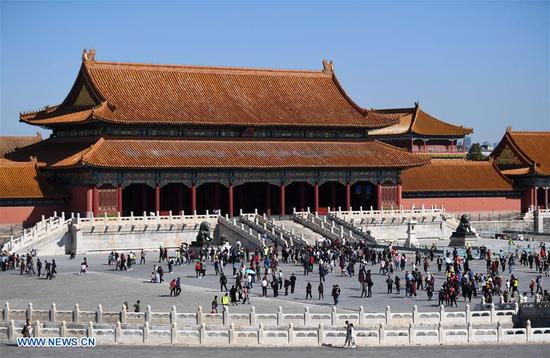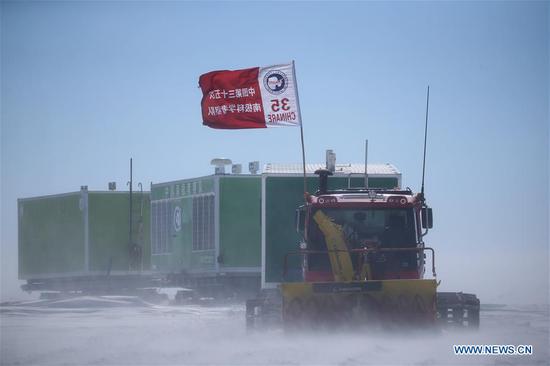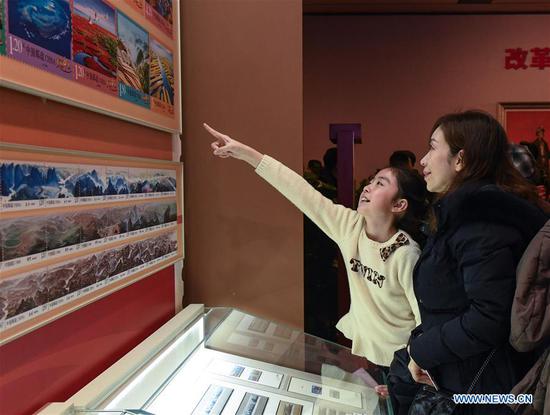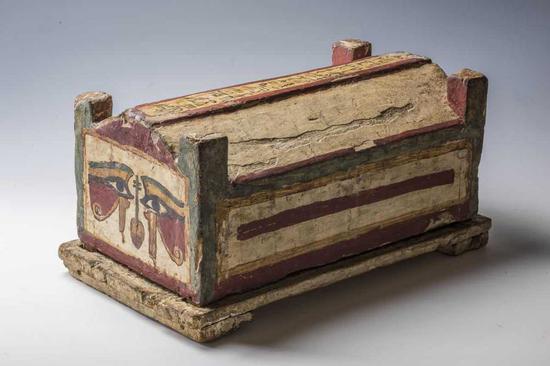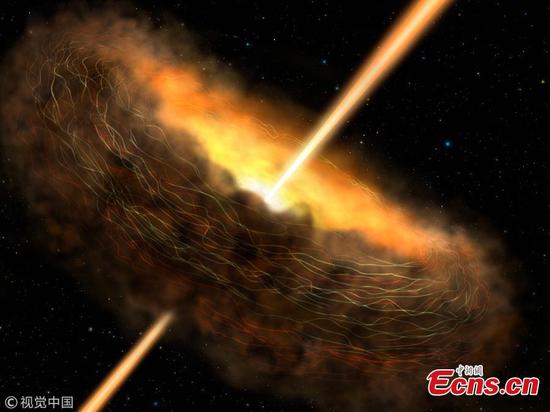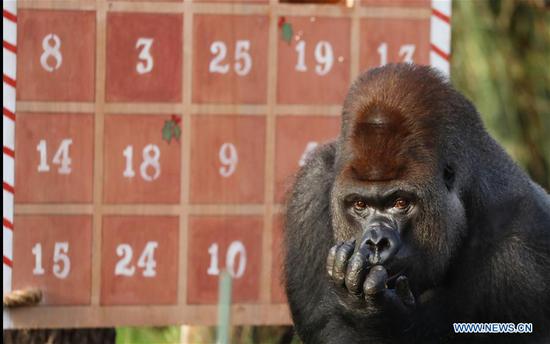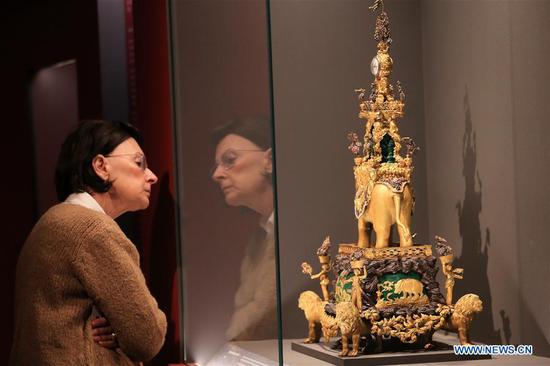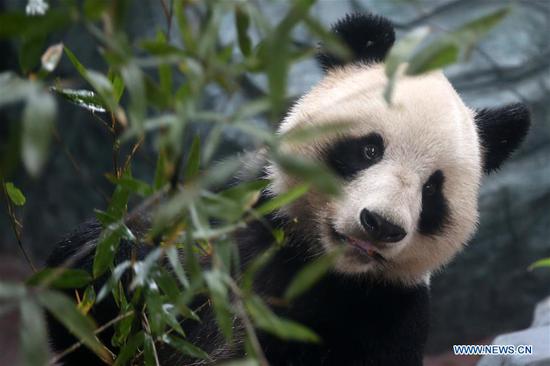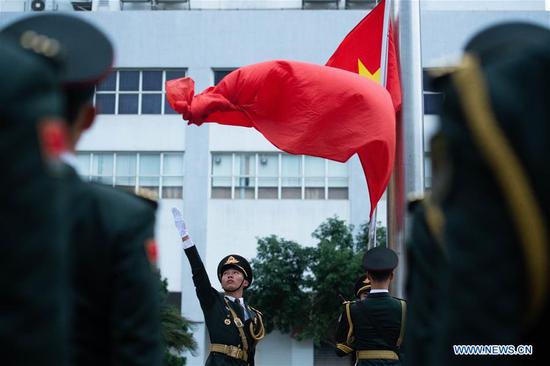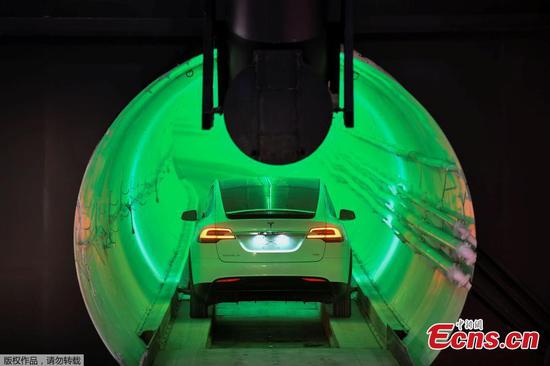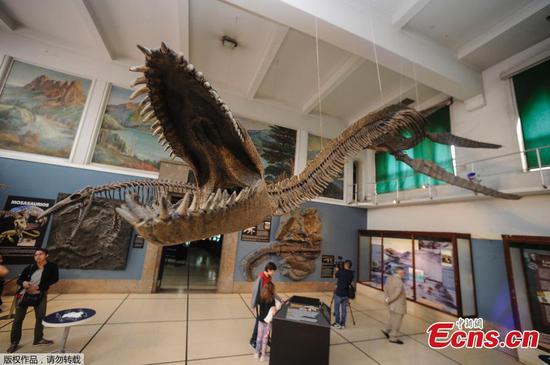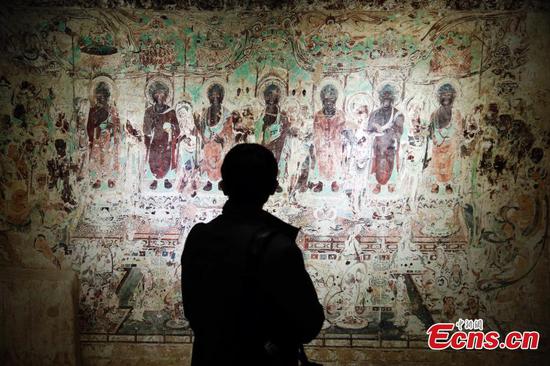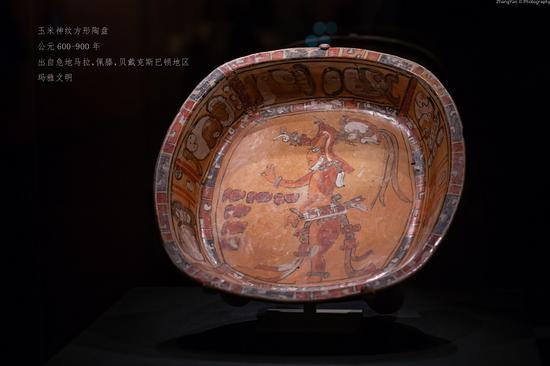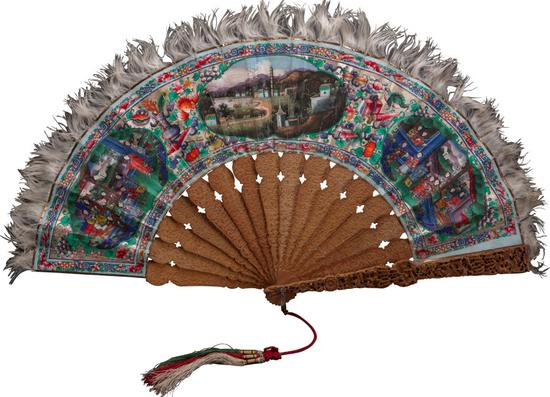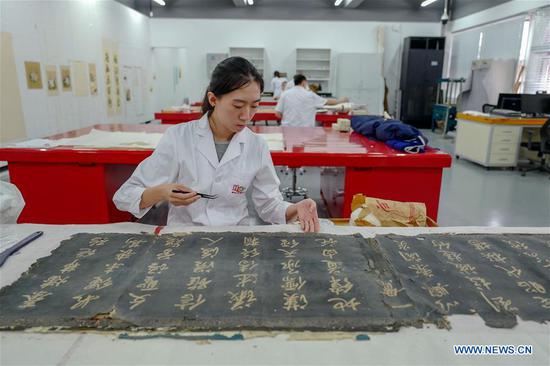The State Council, China's cabinet, announced special individual income tax deductions on Saturday, in order to lower the tax burden for those who have certain expenditures.
Those expenditures cover six areas, including children's education, continuing education, health treatment for serious diseases, housing loan interests, rent and elderly care.
The new temporary measures will come into effect along with the amended personal individual income tax law on Jan. 1, 2019.
For children's education, an amount of 1,000 yuan (about 145 U.S. dollars) will be deducted every month from the parents' taxable income for each child's education from preschool all the way to doctoral education, including technical education.
Taxpayers who are receiving continuing education can also enjoy the deduction of 400 yuan a month for 48 months at most for a degree or 3,600 yuan in total for professional qualifications education.
Taxpayers with serious diseases will have their amount of out-of-pocket medical costs (between 15,000 yuan and 80,000 yuan) deducted from their taxable income each year.
Taxpayers or their spouses who have mortgage loans for a first home can have a deduction of 1,000 yuan per month from taxable income.
Housing rent deduction of up to 18,000 yuan each year will be granted to taxpayers owning no housing in the city where they work.
An amount of up to 2,000 yuan every month will be deducted from an only-child taxpayer's taxable income for his or her parent who is over 60. Those who have siblings can share the 2,000-yuan deduction quota.
China started implementing a new standard for individual income tax from October. The threshold for personal income tax exemption was raised from 3,500 yuan to 5,000 yuan per month or 60,000 yuan per year.
An ordinary Beijing taxpayer with a pre-tax income of 20,000 yuan, who is an only child, has one kid who goes to school and parents who are above 60, rents a home and studies for a master's degree on the job, can enjoy four special deductions starting from next year.
The income tax will be about 800 yuan, nearly 75 percent lower than the amount of over 3,100 yuan before October.
The expenditure range is so wide that most of taxpayers are eligible for one or several tax deductions, experts said.
However, as the deduction policy covers so many areas and involves complicated scenarios, new challenges facing tax collection and management will appear, which requires better social governance, said Tang Jiqiang, a professor at Southwestern University of Finance and Economics.










